Interview with Lori Hoff by Chloe Bennett
Working with at-risk youth for years, Dallas resident Lori Hoff has found that while a lot of young people have valuable ideas, some lack the confidence and platform to voice them.
“We have a National Cookie Day, we have a National Butterfly Day, we have National Doughnut Day, but nothing for our youth.”
LORI HUFF
She hopes to take steps toward changing that through the first-ever National Youth Week, a weeklong event that focuses on advocating the potential of young people through discussions and workshops that will aid positive growth in communities.
“We have a National Cookie Day, we have a National Butterfly Day, we have National Doughnut Day, but nothing for our youth,” said Hoff, who is the founding CEO of Outreach Ministries Inc.
Though she works full-time with AT&T, she spends the entirety of her free time leading her nonprofit and organizing National Youth Week, which will make its debut June 13-19.
National Youth Week will make its debut June 13-19.
To Hoff, the path to actualizing an empowered youth community begins with parenting, teaching nonviolence, and encouraging young people to voice their own ideas. As Outreach Ministries and other nonprofits serve the progression of National Youth Week, Hoff hopes to see the event expand to major cities across the nation and leave a lasting mark on the development of young people’s self-esteem.
Hoff sat down with Dallas Innovates recently to talk about how she got started, and where she hopes to go with National Youth Week.
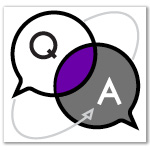 What inspired you to create National Youth Week?
What inspired you to create National Youth Week?
I was actually going to add something to National Youth Week — I thought we had one. I’ve had my nonprofit for 17 years, and I’ve worked with youth, so I thought it would be great if we could add innovation to National Youth Week. I started to do some research and found out that we didn’t have one. We have a National Cookie Day, we have a National Butterfly Day, we have National Doughnut Day, but nothing for our youth. So, I just started to drill down, and came up with the pillars, trademarked it, and [was] off and running.
Why did you think this was needed? How is it different than other youth-related efforts that have been done before?
A lot of other efforts are siloed, and so one of the things for National Youth Week … is to bring all the nonprofits together to celebrate the potential and promise of our youth. Another thing we’re addressing, that a lot of other youth organizations don’t, is a lack of parenting. We’re not just calling it out, we put together tool kits, and we’re trying to educate our parents. I encourage them to step up, and that’s a big part.
How does your work with Outreach Ministries translate to the work you’re doing with National Youth Week?
Outreach Ministries is the founding organization, so we have done counseling, and we’ve done community service. It’s kind of what the four pillars (teamwork, innovation, community service, and achievement) came from … the work that we’ve done in the community. So, it’s really just an outreach of our founding nonprofit.
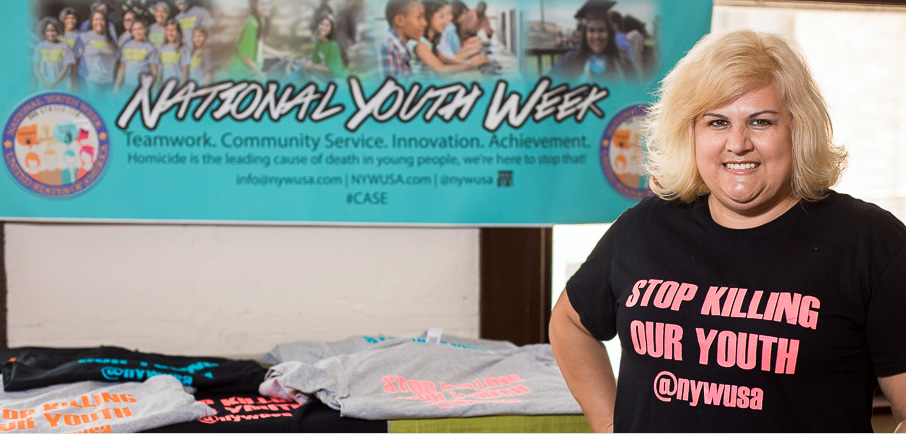
[Photo: Chase Mardis]
How can people participate locally? What are the events taking place?
We have a lot of different events taking place. We’ve partnered with North Texas Food Bank, so we have opportunities to do community service.
One of the things, a simple thing that everyone can participate in is, we have an app called CASE. Our shirts say “Stop Killing Our Youth” because homicide is one of the leading causes of death in our young people. Our app is going to help self-identify three of those causes — conflict, anger, and self-esteem.
I’m a firm believer that when youth discover that there is an issue, they want help.
We’re asking young people to state their case. A lot of times, people grow up in an angry environment. They might not know they’re angry, so this is a way for them to self-identify without someone directing it at them. And, I’m a firm believer that when youth discover that there is an issue, they want help. So, [the CASE app] will geocode to a youth organization that can help them.
They can download the app — they could do things in their own area … a park clean-up, whatever they feel — just getting out of the house and contributing to the community.
We also have the innovation toolkit, which I mentioned for the parents. We just download it, we have step-by-step instructions. [They can] basically take their phone and have a discussion about social issues, and [talk about] how can we use technology to solve it. Then, they pick the best winner, and they’re going to put a picture of the teen and the solution on their Instagram. So, we’re sharing across the country all these different solutions.
What regions around the country are you hoping to reach?
We’ve been to LA, we’ve now been to Vegas, we’ve been to Chicago, we’ve been to New Jersey, we’re going to Louisiana, we’ve been in Dallas, I haven’t gotten to Arizona yet — but Arizona. We’ve been on parenting blogs, like Mother and Me, and different parenting blogs to encourage them to encourage.
What are some major takeaways you hope people will leave with?
Parenting — strengthening parenting — that’s a huge thing. And reducing homicide. A lot of this violence is youth on youth. Our country just tends to be a crisis, and we want to slowly, but surely, just stop this. And not just be in the moment. Something is going on and everybody gathers, but let’s just continue to find ways to use technology to stop this.
Elaborate on how you will be strengthening the role of parents in at-risk youth lives.
A lot of youth have parents that maybe, dad’s not around, [and] mom’s working two jobs, so it’s not that they don’t want to be involved — they don’t have a lot of time. And they don’t realize that you can make a difference in a small amount of time.
Young people who are connected to something feel empowered.
Even if they have challenges … they have life experience, and they have things that can help create that bond. Young people who are connected to something feel empowered. And so that’s what we’re hoping to do — give them some skills and help them connect.
I’ve [written] a book, Teen Code: A Rock-Star’s Life, and it’s like a bridge. We have Rae’s Hope, which is an organization that helps young girls in South Dallas, and they use it during their sessions, after volleyball. They talked about the sections.
How did Dallas youth and being a local now contribute to the creation of the week?
Actually, I served on a lot of boards when I first came down here. It was more in an advisory capacity. Then, I actually got sick and almost died. Through that experience, and knowing the support that’s in Dallas for philanthropic avenues … it’s like this would be a great place to launch National Youth Week. Everybody was so supportive, and there’s so many different nonprofits here.
How would you like to see National Youth Week progress, and what would you like the lasting and enduring impact of the week to be?
We would just like to see it continue to grow to other states. One [place] we really want to get, which is a challenge, is New Orleans. They actually have a murder task force, but we reached out to the mayor and haven’t gotten anywhere yet. But, we’re not giving up. One of the things we want to say is, “We’re not giving up, we’re here to help.” What I keep saying to young people is, “This is your week. We established it, but we want to see you take it and run with it.”
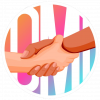
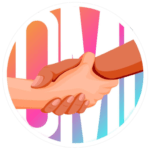
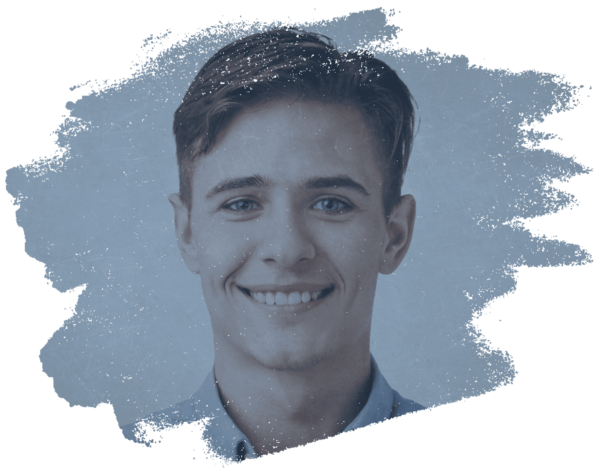
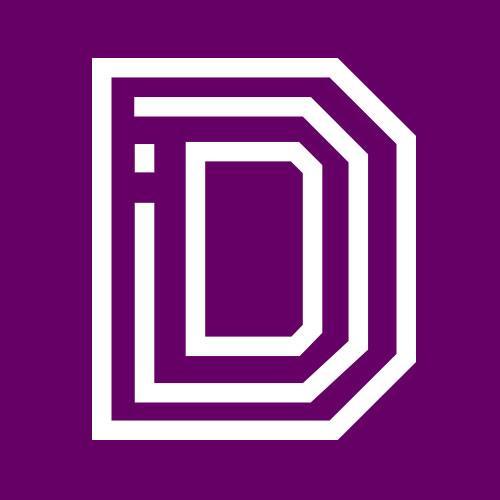
 for National Youth Week USA. © All Rights Reserved.
for National Youth Week USA. © All Rights Reserved.